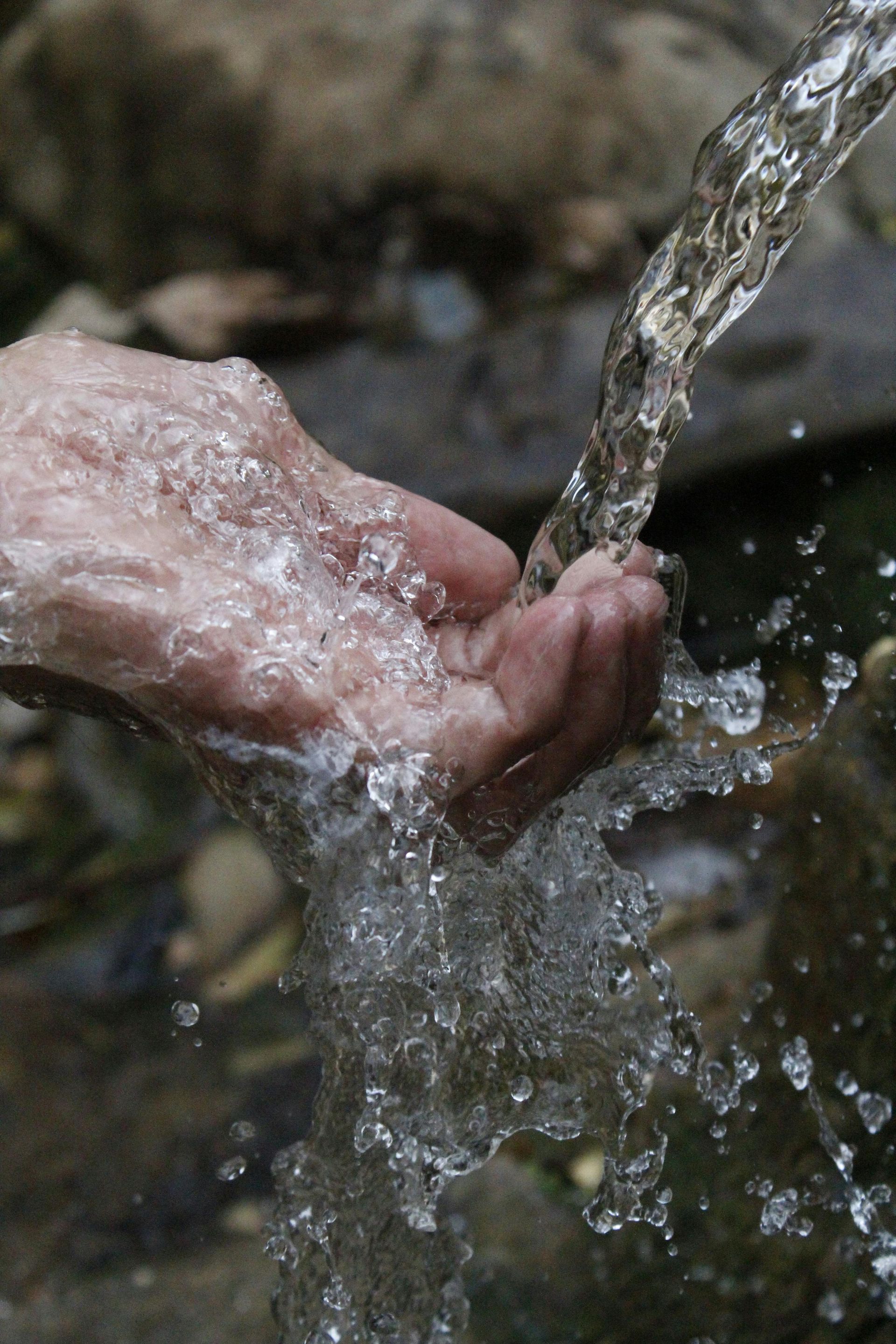Clean Water Act Explainer: Section 401
The Clean Water Act (CWA) was established by the Congress and acts as the federal baseline for water quality standards in the United States and state authority regarding environmental protection.
According to the Environmental Protection Agency, Section 401 of the Clean Water Act outlines key requirements for states and authorized tribes to protect the water quality of federally regulated waters through federally issued permits.
At Law Office of Frank Hammond, our attorney is experienced in helping industry and large organizations understand their responsibilities for maintaining water quality and complying with the regulations laid out in Section 401 of the Clean Water Act.
Overview of Section 401
Under Section 401 of the Clean Water Act, the federal government is not permitted to issue a permit to any business, organization, or industry that aims to engage in any activity that would potentially result in discharge (including dredge and fill material) into any waters within the United States.
The aim of this section is to make sure projects conducted by these organizations or businesses comply with state and federal water quality standards, thereby protecting local water resources.
Businesses and organizations must comply with Section 401 of the CWA as these regulations aim to protect the environment and promote sustainable development. Failure to comply with this section can result in legal consequences, including costly fines and potential project delays.
Understanding Section 401 Water Quality Certifications
Section 401 of the CWA grants states and authorized tribes the authority to issue state water quality certifications (WQCs) for any projects that require a federal license or permit that may result in a discharge to waters of the US. This authorization granted by the federal government aims to protect vital water resources that have supported healthy individuals and thriving communities for the past 50 years.
According to the Oregon Department of Environmental Quality, the certification states that the "discharge will comply with applicable provisions of the CWA, including state water quality standards". In Oregon, the water quality standards specify:
- The specific purpose of a water body (such as drinking water or recreation)
- Pollution limits needed to protect a water body's designated purpose (using clear standards)
- Policies to ensure current water uses are not harmed by pollution discharge
Based on the evaluation of these standards, individual states have the authority to approve, conditionally approve, or deny certifications. A business, organization, or industry body will be unable to obtain a federal permit or license from the state or the EPA until they receive a 401 WQC.
Types of Permits that Require Section 401 Certification
Any project conducted by an organization or industry body is required to obtain a Section 401 water quality certification before they can obtain the necessary permits for their proposed activity. According to the Oregon Department of Environmental Quality, eligible permits are divided into three types:
- Individual permits: For projects with significant impacts that must meet state water quality standards. A review fee will be charged based on the project's complexity and expected review time. If a project creates new or increases impervious surfaces, a post-construction stormwater management plan must be submitted to the Oregon DEQ for approval. A Land Use Compatibility Statement is also required.
- Regional general permits: RGPs are created for projects with repeated activities that affect a specific geographic area. Each RGP has specific terms and conditions that must be met for the project actions to be verified. You can find the current RGPs on the USACE Portland District website.
- Nationwide permits: For projects with minimal impacts that qualify for the Nationwide 401 Water Quality Certification. These projects require a fee of $985. If your project involves new or increased impervious surfaces, you must submit both a post-construction stormwater management plan to the DEQ for review and approval and a Land Use Compatibility Statement.
It's essential for businesses, organizations, and industry bodies to understand which projects require a water quality certification as the type of permit their project requires. An experienced environmental law attorney can provide you with the insight you need to make informed decisions.
How to Qualify for a Water Quality Certification in Oregon
To obtain a water quality certification in Oregon, organizations and industry bodies must first submit an application to the DEQ. In Oregon, the DEQ administers the NPDES program and the state’s regulations are stricter than those of EPA. An attorney is needed to work through the intersection of the two programs.
The application will be evaluated based on its compliance with the current state and federal water quality standards. The factors that are typically considered include:
- Water quality standards: This involves reviewing any potential pollutants the project might introduce into water bodies and assessing their impact on aquatic ecosystems.
- Designated uses: Projects should not compromise water bodies' designated uses, including drinking, fishing, and recreational purposes.
- Mitigation measures: Applicants may be required to propose mitigation strategies to offset any adverse effects their project could cause. This could involve habitat restoration or innovative technologies to reduce pollution.
The DEQ may also require additional information or modifications to the project proposal before approving the certification. Once approved, the organization or industry body can then proceed with obtaining their necessary permits from either the state or the EPA.
It's important to note that the process for obtaining a water quality certification can be complex and time-consuming. It's essential to consult an experienced environmental law attorney who can guide you through the process and make sure you comply with all necessary standards and regulations.
Consult an Experienced Attorney
Section 401 of the Clean Water Act plays a crucial role in protecting water quality within the United States by granting states and authorized tribes authority over issuing water quality certifications for federally regulated projects. Compliance with these regulations is essential for promoting sustainable development and maintaining healthy communities.
If you're planning a project that may require a federal license or permit, it's important to understand the certification process and work with an experienced clean water law attorney, like Frank Hammond. At our firm, we have the experience and knowledge you need to help you make informed decisions about the Clean Water Act. Contact us today to schedule a consultation.









